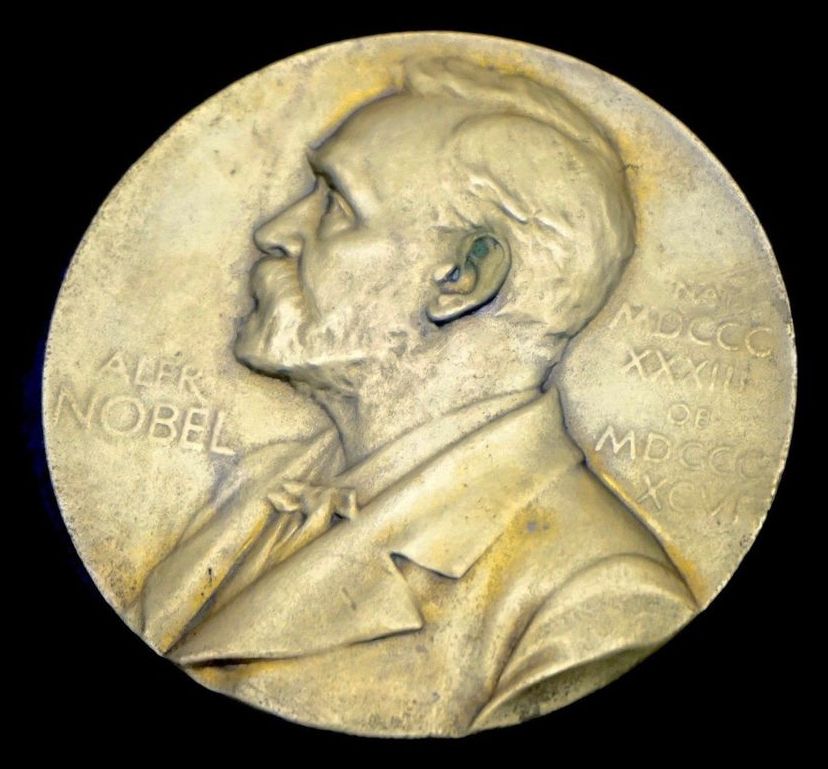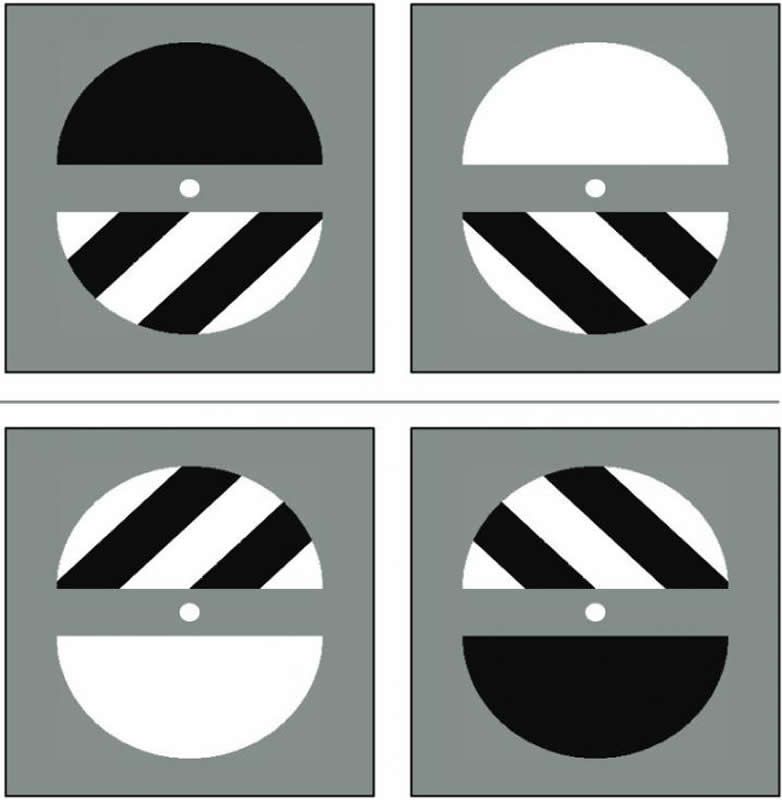Extensive travel required! Applications are open for #Artemis explorers who will be journeying to the Moon, Mars and beyond.
Our latest astronaut class shares their journey to #BeAnAstronaut. Are you next? https://youtu.be/q5T9iYjt6Lk
Extensive travel required! Applications are open for #Artemis explorers who will be journeying to the Moon, Mars and beyond.
Our latest astronaut class shares their journey to #BeAnAstronaut. Are you next? https://youtu.be/q5T9iYjt6Lk
From robots that flip burgers in California to ones that serve up bratwursts in Berlin, we are starting to see how machines can play sous-chef in kitchens around the world. But scientists at the University of Cambridge have been exploring how these culinary robots might not only do some of the heavy lifting but actually elevate the dining experience for the humans they serve, demonstrating some early success in a robot trained to cook omelettes.
The research project is a collaboration between the University of Cambridge researchers and domestic appliance company Beko, with the scientists setting out to take robotic cooking into new territory. Where robot chefs have been developed to prepare pizzas, pancakes and other items, the team was interested in how it might be possible to optimize the robot’s approach and produce a tastier meal based on human feedback.
“Cooking is a really interesting problem for roboticists, as humans can never be totally objective when it comes to food, so how do we as scientists assess whether the robot has done a good job?” says Dr Fumiya Iida from Cambridge’s Department of Engineering, who led the research.


#Tesla #AI
Featured image: Tesla
Tesla has managed to attract the best artificial intelligence specialists to its Autopilot team who are committed to developing software that makes full self-driving possible. The company recently published two patents that relate to improvements in this area.
Tesla Filed Patent ‘Enhanced object detection for autonomous vehicles based on field view’ https://www.tesmanian.com/blogs/tesmanian-blog/patent-enhanc…um=twitter pic.twitter.com/IU6tdaOlH7 — Tesmanian.com (@Tesmanian_com) June 5, 2020

While scanning the skies, humanity has identified thousands of exoplanets orbiting distant stars. However, very few of them are at all similar to Earth. Now, the Max Planck Institute for Solar System Research in Göttingen reports a newly discovered exoplanet could be a “mirror image” of our own.
We currently lack the technology to directly image exoplanets, so we can only infer their presence via two methods. Astronomers either look for small wobbles in a star’s rotation caused by the gravity of planets or drops in brightness from our perspective on Earth, which indicates a planet has transited the star. Kepler used the latter method to identify more than 2,600 exoplanets, and that number will probably continue to rise. Teams like the one from the Max Planck Institute are still combing through the luminance data gathered by Kepler to uncover new exoplanets. That’s how they found the very Earth-like candidate exoplanet KOI-456.04.
If it exists, KOI-456.04 orbits a sun-like star called Kepler-160 about 3,000 light-years away from Earth. Previous analysis of Kepler-160 revealed two large exoplanets — these gas giants are much easier to spot in the background noise, so many of the worlds we’ve discovered are very unlike Earth. One of those planets, Kepler-160c, showed small perturbations in its orbit that could indicate another planet, so the Max Planck Institute set out to find it.


Amateur astronauts, private space stations, flying factories, out-of-this-world movie sets — this is the future the space agency is striving to shape as it eases out of low-Earth orbit and aims for the moon and Mars.
It doesn’t quite reach the fantasized heights of George Jetson and Iron Man, but still promises plenty of thrills.
“I’m still waiting for my personal jetpack. But the future is incredibly exciting,” NASA astronaut Kjell Lindgren said the day before SpaceX’s historic liftoff.


Summary: Optical illusions are helping researchers better understand attention and visual perception. Findings suggest attention operates periodically on the perceptual binding of visual information.
Source: University of Tokyo.
Rhythmic waves of brain activity cause us to see or not see complex images that flash before our eyes. An image can become practically invisible if it flashes before our eyes at the same time as a low point of those brain waves. We can reset that brain wave rhythm with a simple voluntary action, like choosing to push a button.

If you’ve wanted to learn more about SpaceX’s projects than you normally see in the news, now’s your chance. The company’s software team is holding a Reddit AMA session today starting at 3PM Eastern to answer questions on the software that guides SpaceX’s projects, including Crew Dragon and Starlink. Six key staffers will be on hand, so you can expect a fair number of responses.
The spaceflight firm doesn’t hold AMAs often, and it’ll likely be worth following the discussion to see what emerges. When Elon Musk held a Reddit chat about BFR (now Starship) in 2017, for instance, he touched on everything from engine design to his vision for Mars colonies. You won’t necessarily get any shocking revelations, but this could fill in some knowledge gaps and satisfy your curiosity.